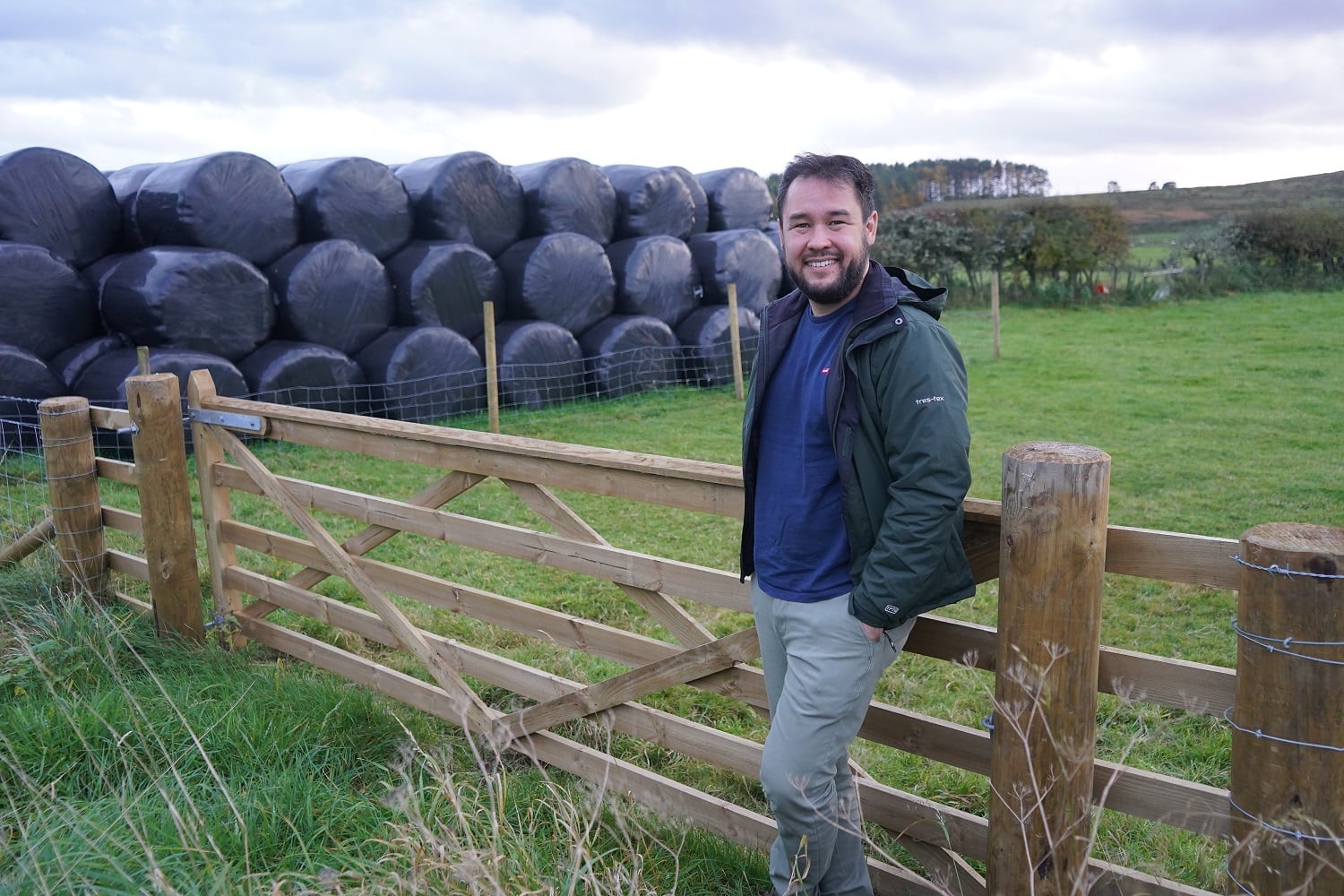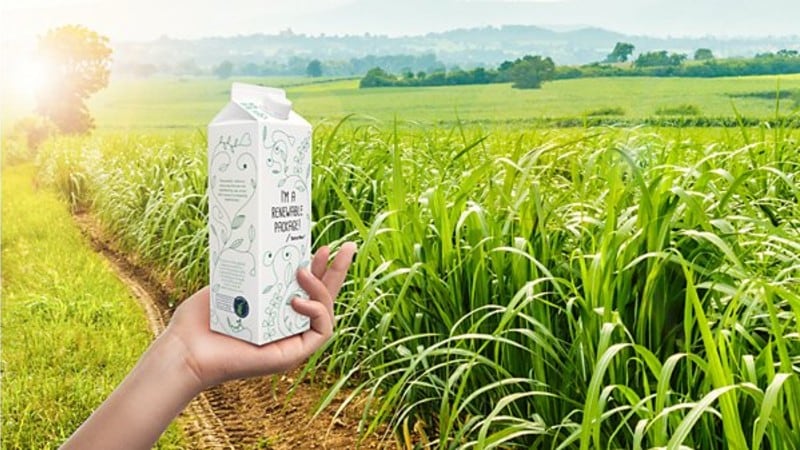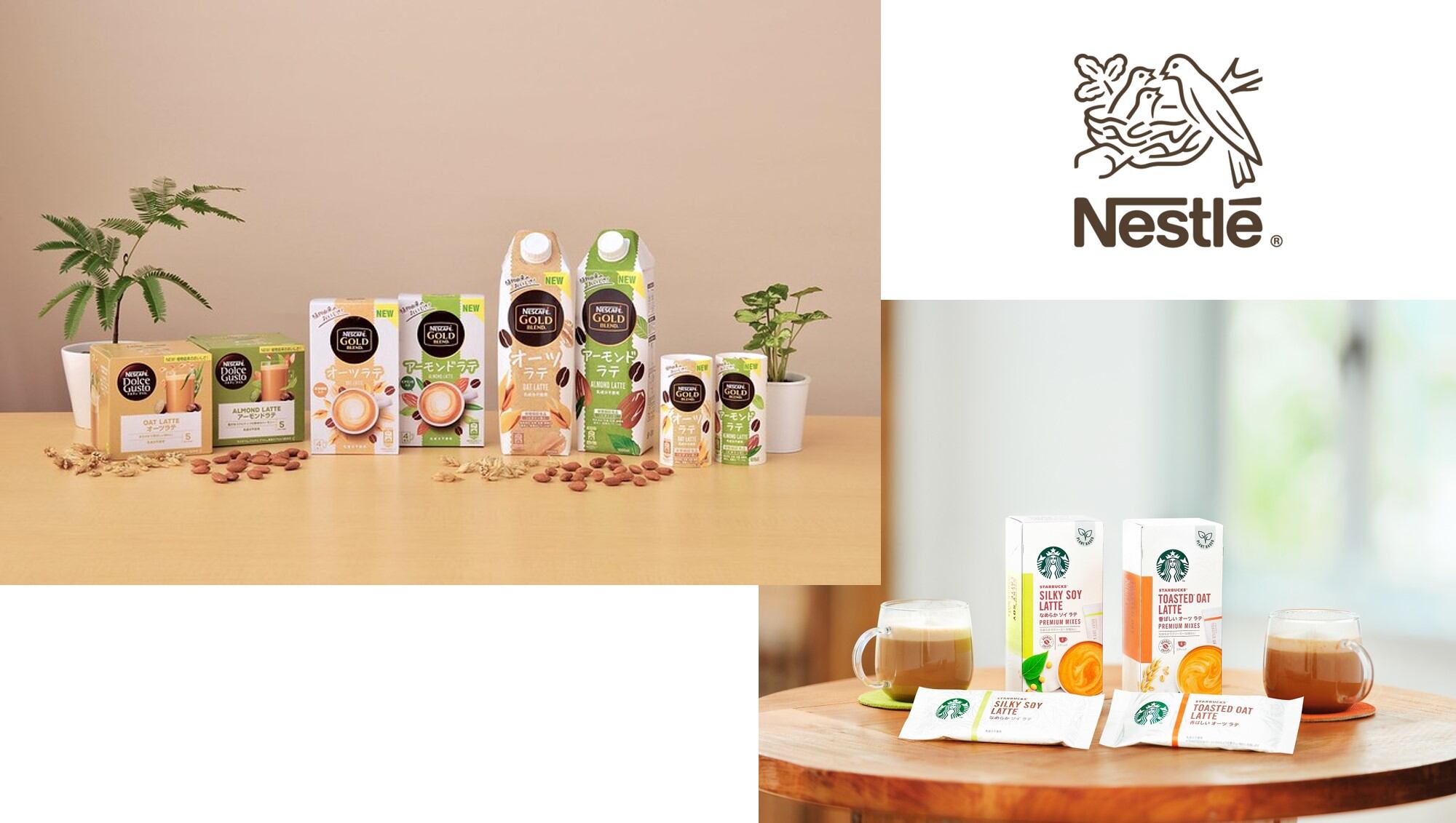James Wong recently presented an eight-part, multiplatform series on BBC World News and bbc.com called ‘Follow the Food’, which examined how farming, science, technology and the consumer can overcome the sustainability challenges faced by feeding a growing global population.
Speaking to FoodNavigator-Asia about the crucial role food firms have to play, Wong said a combination of elements was driving sustainability efforts, but that it was consumers who were ultimately forcing industry to change.
“There are so many elements at play these days driving brands to be more sustainable,” he said.
“But I do think one of the most important among these is that consumers have become more aware of what they are buying and as the news about climate change rolls on consumers are really starting to realise the part they play – and that their buying choices impact this.”
However, he cautioned that firms which merely skim the surface of the sustainability agenda risked the wrath of consumers, and potential accusations of greenwashing.
FoodNavigator recently highlighted results which showed that 40% of websites across the food, cosmetics and clothing industry were making misleading claims about their eco-credentials, some of which could be in breach of consumer law.
And while it is undoubtedly difficult for major brands to have full traceability and sustainability oversight across complex global supply chains for every ingredient and process, Wong believes it is the only way to achieve credibility.
“[Sustainability] is about so much more than just packaging and air miles – brands need to really do their research when it comes to their foods and the ingredients they are using,” he said.
“For a brand to avoid accusations of greenwashing I believe most importantly they need to follow their foods back through the supply chain and do the work to ensure they not only know where all of their ingredients have come from, but also how its grown and of course the conditions and pay of the people working on it.
“That’s not to say that packaging, air miles, corporate responsibility and all the other things that brands can do aren’t important, but if brands really want to embark on sustainability initiatives then it starts from before their ingredients are even planted.”
Grain gains
Wong cited rice as a classic example of this, pointing out that it takes 5000 litres of water to grow just one kilo of rice, accounting for more than a third of the water used in agriculture.
“And the problem isn’t just the amount of water this crop uses, but the bacteria that lives in the flooded soil in which rice grows. That bacteria is constantly producing methane, a massive greenhouse gas. In fact, 20% of all methane on the planet comes from paddy fields, and rice is the number one crop for greenhouse gas emissions.”
In terms of solutions, Wong is pinning his hopes of technological innovation and a combination of government and industry involvement.
For rice, he pointed to developments in Southern India, which has suffered acute water shortages due to changes in monsoon rains.
Here, the state is subsidising drip irrigation for rice farmers. Called System of Rice Intensification (SRI), this not only uses less fresh water, but also improves yields.
“[Farmers] pump freshwater into the field intermittently rather than continuously flooding them like paddies. Rotating wet and dry periods means the plant roots get more oxygen, which helps them thrive. And planting young, single rice seedlings wider apart means extra space for canopy and root growth, producing bigger and healthier plants.
“Remarkably, the SRI method appears to be producing more rice even though it uses fewer plants and less water. If paddy field alternatives like SRI or drip irrigation were rolled out across the globe, the water savings could be immense and the reduction in greenhouse gas game-changing,” said Wong.
When it comes to brands who are taking a lead in the sustainability space, he pointed to efforts from vegetarian outfit Quorn – owned by Philippines firm Monde Nissin – and global giant General Mills.
Wong said Quorn’s products produce 90% less greenhouse gas emissions than beef and, in 2020, the brand took the step of declaring the carbon footprint of its products on the packaging.
“It’s a major undertaking for the brand to calculate the carbon emissions of its products, as there are so many elements that impact that calculation – from growing the ingredients to transportation, processing in the factory to how the consumer might cook it and dispose of the packaging.
“But consumers are only able to make those intelligent choices if they have the information in front of them, which is what labelling is all about. It’s a fantastic idea, but things will only really make a difference if other companies, including their competitors, can be convinced to adopt this kind of labelling.”
General Mills, meanwhile, has been helping improve soil health and farmers’ incomes through regenerative agriculture, which stops or reduces tiling, encourages crop rotation and cuts back on chemical use.
It wants to have regenerative agriculture on a million acres by 2030 and currently has experts working with around 45 oat farmers in the US to help them determine what kind of crops they should develop.
The challenge now, says Wong, is to expand the aforementioned sustainability initiatives to a scale significant enough to meet the vast, and growing, global food security challenges that we face.
“With our global population growing at current rates, some have estimated that we’ll have to produce more food in the next thirty years than we have in the entire history of humanity. But, if one of the small range of crops we rely on to feed us came under attack by pests, super bugs, or environmental change, it risks a catastrophic food disaster that could leave millions starving.
“Diversifying within the food group itself could be one solution to future-proofing our food supply, but is it enough to get the right calories to the right people, at the right time?
“Creating a secure food system for the future - one prepared against climate change, a population boom or even another global pandemic - requires the application of multiple solutions from farmers, scientists, brands, retailers and consumers, all working together, which will have the best chance of collectively making a difference.”





